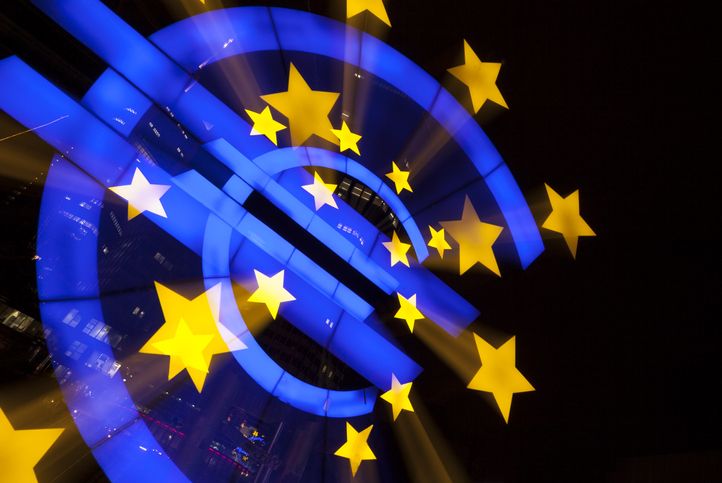The fallout from Credit Suisse’s takeover by UBS is continuing to be felt across Europe.
The move, which saw UBS step in to scoop up its former rival following months of speculation over Credit Suisse’s business affairs, has led to regulators in Europe saying they would look to write down the investments of shareholders as an initial measure.
In an interview with CNBC, published earlier today, Dominique Laboureix, chair of the European Union’s Single Resolution Board, said: “In [a banking] resolution here, in the European context, we would follow the hierarchy, and we wanted to tell it very clearly to the investors, to avoid to be misunderstood: we have no choice but to respect this hierarchy.”
Tier-one debt
This comes against the backdrop, wrote CNBC, in which Swiss regulator FINMA said it would write down Credit Suisse’s additional tier-one bonds to zero, while stock investors would receive $3bn (€2.76bn) through the takeover.
A joint statement put out last week by the ECB Banking Supervision, the Single Resolution Board, and the European Banking Authority outlined the circumstances. It said: “Common equity instruments are the first ones to absorb losses, and only after their full use would Additional Tier 1 be required to be written down.
“This approach has been consistently applied in past cases and will continue to guide the actions of the SRB and ECB banking supervision in crisis interventions. Additional Tier 1 is and will remain an important component of the capital structure of European banks.”
The move has rattled some cages, with considerations of legal action being undertaken. Laboureix told CNBC: “As a resolution authority in charge of the banking union resolution framework, I can tell you that I will respect fully and entirely the legal framework. So in resolution, when adopting a resolution scheme, I will respect this hierarchy starting by absorbing equity stack, and then the AT1 and then the Tier 2 and then the rest.”
Possible fraud
Does this at least mean investors can feel more relaxed about the prospects for the rest of Europe’s banks? It would appear not, with Finbold reporting earlier this week that French and German authorities raided Société Générale, BNP Paribas, Exane, Natixis, and HSBC over possible fiscal fraud and money-laundering case that may have cost the governments the Dr. Evil-ish figure of more than €100bn.
Deutsche Welle outlined the context of the charges, noting: “PNF representatives said the investigations are linked to legally dubious ‘cum cum’ practices in which banks create overly complex legal structures as a way to allow wealthy clients to skip out on tax liabilities for dividends.” There is even more information here, while the investigative reporting project Correctiv, based out of Berlin, had predicted in 2021 the amount taxpayers were cheated out of could reach up to €150bn.







